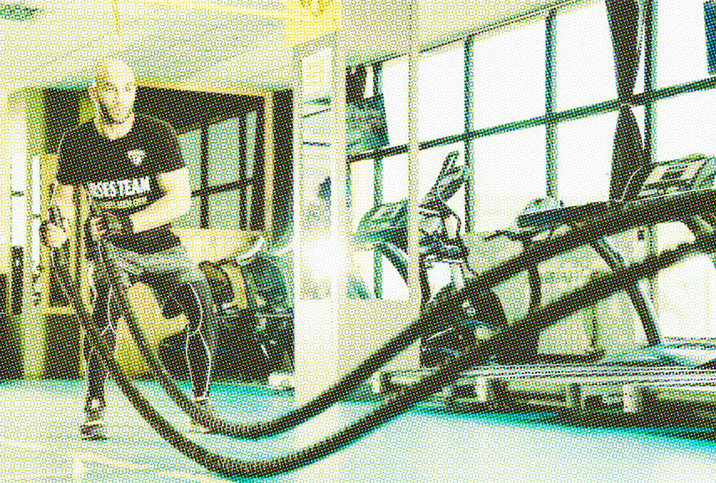Physical Health: Myths & Misconceptions

Physical health dramatically impacts our life in many ways, and how we live our life impacts our physical health. Given the myriad factors that determine your physical health, as well as your sexual health, taking control of your daily choices can significantly improve your overall wellness.
Unfortunately, "healthy" isn't always visible, predictable or completely under your control. Knowing how to debunk a few myths about physical health can aid your journey to a healthier life.
Myth: Age is just a number.
Reality: The truth is your chronological age doesn't impact your life as much as your biological age.
When determining longevity, it's not enough to know how old you are. Many factors determine your life span, including genetics and chronic illnesses. But your diet, physical activity and overall life choices have just as much impact on your biological age as the genetic hand you were dealt. Such knowledge might be scary, depending on the life choices you've made to this point, but it also means much of your future health is within your control.
Myth: Being thin means a person is healthy.
Reality: We have been conditioned by all forms of media to think that being thin is all that matters. You can, however, be thin and in very bad health. Everyone's metabolism and body composition are different, and it's possible to eat a horrible diet and have a high enough metabolism that you still look healthy, or to eat healthily and not be in great health.
The body mass index (BMI) is a measure of body fat based on height and weight. But the BMI is not as accurate as we would like, because everyone has differences in frame size and muscle mass. This means that someone can be healthy and appear to be obese on the BMI scale, while someone who is in the perfect BMI range can have the biological health of someone much older and sicker. The worst thing you can do is become hyper-focused on the scale—BMI or the one you stand on—when determining your health. Food choices, activity level and genetics are far more important to your health than how you look or that number on the scale.
Myth: Flexibility equals mind-blowing sex.
Reality: You don't need to be able to twist yourself into a pretzel to have great sex. You can find great sex positions for every level of flexibility.
If you do want to get maximum penetration—who doesn't?—you don't need to be a master yogi to achieve the flexibility you need. There are a few light stretches you can do before sex that will open your hips to permit deeper penetration, which is what actually makes sex better.
Myth: People with chronic illnesses don't have sex.
Reality: While many chronic conditions can impact a person's sex life, this does not mean people with chronic illnesses don't have sex. Many times, changes in sexual activity are indicators of a chronic illness, and once the illness is addressed, issues with sexual function usually subside. If your sex drive remains impaired, treatments are available to combat many sexual issues.
Your physical health, diet, hormonal balance and mental health all impact your sexual abilities, so there's a lot of opportunity for something to go sideways. Sexual dysfunction is a common condition that can impact everyone at some time in their life for many reasons, and treatment can be as simple as making a few lifestyle changes.
Myth: Good physical health absolutely improves sexual performance.
Reality: This myth twists the science of this truth, even as researchers continue to investigate the subject. It is true that physical health has a direct impact on your sex life, but it doesn't exist in a vacuum. Research has also found that many other factors, including self-perception, mental health and cardiovascular health, contribute to sexual performance. Regardless of your level of physical health, you can still have great sex (or bad sex).
The truth is that physical health, specifically cardiovascular health, can impact your stamina, which, yes, contributes to better performance. It's also true that factors, such as high blood pressure, which diminish physical health can cause sexual dysfunction. However, you don't have to be a triathlete to have a great sex life, and just because you can have sex longer doesn't automatically make it better.


















